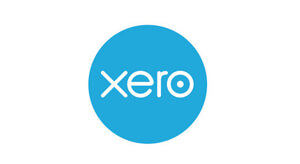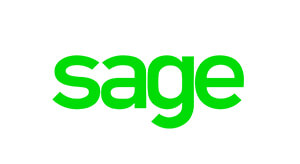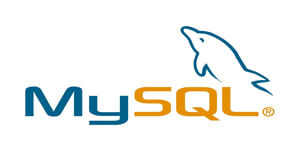Maintaining accurate financial records is a crucial aspect of running a successful business.
Among the various tools and methods at your disposal, one of the most fundamental is keeping receipts. These small slips of paper can play a vital role in effective bookkeeping, helping you keep track of expenses, monitor cash flow, and ensure compliance with tax regulations. So lets explore the importance of keeping receipts and provide valuable tips on how to do it effectively.
The Importance of Keeping Receipts
Proof of Transactions
Receipts serve as tangible evidence of financial transactions. They provide details about the date, amount, vendor, and the items or services purchased. This proof is invaluable in case you need to dispute a charge, return an item, or resolve any financial discrepancies.
Expense Tracking
Receipts are the cornerstone of expense tracking. They allow you to record and categorise your spending accurately, providing insights into where your money is going. This information is vital for budgeting and financial planning.
Tax Compliance
For businesses and individuals, maintaining proper records is essential for tax purposes. Receipts can help you claim deductions and credits, substantiate expenses, and ensure compliance with tax regulations. Failure to provide adequate documentation can lead to tax penalties.
Audit Preparedness
Keeping receipts in an organised manner is a proactive approach to audit preparedness. If you ever face an audit, having a well-documented record of transactions will make the process smoother and less stressful.
Effective Strategies for Keeping Receipts
Digitise Your Receipts
Embrace technology and use scanning apps or dedicated receipt management tools to create digital copies of your receipts. This reduces paper clutter, ensures longevity of the documents, and makes them easy to search and retrieve.
Organise and Categorise
Create a system for organising your receipts. This could be as simple as using folders or envelopes for physical copies or digital folders for scanned receipts. Categorise them by expense type, vendor, or date, making it easier to locate specific transactions when needed.
Set a Regular Schedule
Make it a habit to collect and store your receipts regularly. Designate a specific time each week or month to tackle this task, ensuring that you don’t fall behind.
Label and Annotate
Whenever you receive a receipt, take a moment to jot down any additional information that may be relevant. For instance, note the purpose of the expense or any specific project or client associated with it. This will help with future reference.
Back Up Digital Copies
Just as you would backup important files, ensure you have multiple copies of your digital receipts. Store them on secure cloud storage services or external hard drives to guard against data loss.
Dispose of Unnecessary Receipts
Not all receipts need to be kept indefinitely. Some may lose their relevance over time. Develop a retention policy and dispose of receipts that are no longer needed to declutter your records.
Seek Professional Guidance
If you are a business owner, it is wise to consult with a bookkeeper like ourselves. We can offer guidance on what receipts to keep and for how long, ensuring compliance with relevant laws and regulations.
Keeping receipts for bookkeeping purposes is a foundational practice in maintaining financial order and responsibility. Whether you’re a business owner or an individual managing personal finances, the benefits of diligent receipt management are far-reaching. By following the strategies outlined in this article, you can streamline the process, reduce the risk of errors, and gain greater control over your financial records. Effective receipt-keeping is not just a good practice; it’s a key component of financial success.
We are called Momentum Bookkeeping because that is one of our defining values. We want to help you build momentum in your business. Continue to grow, continue to get stronger and become the market leader in your area.
We may be based in Glasgow but we have clients across the UK who we keep in regular contact with through zoom, phone, email and scheduled face to face meetings throughout the year to ensure that we are constantly delivering what we promised them.
If that sounds like something you would be interested in then the first step is to get in touch.

Momentum Bookkeeping Ltd
Mentieth House, 29 Park Circus, Glasgow, G3 6AP
Call. 0141 375 1240
Email. info@mvbooks.co.uk





